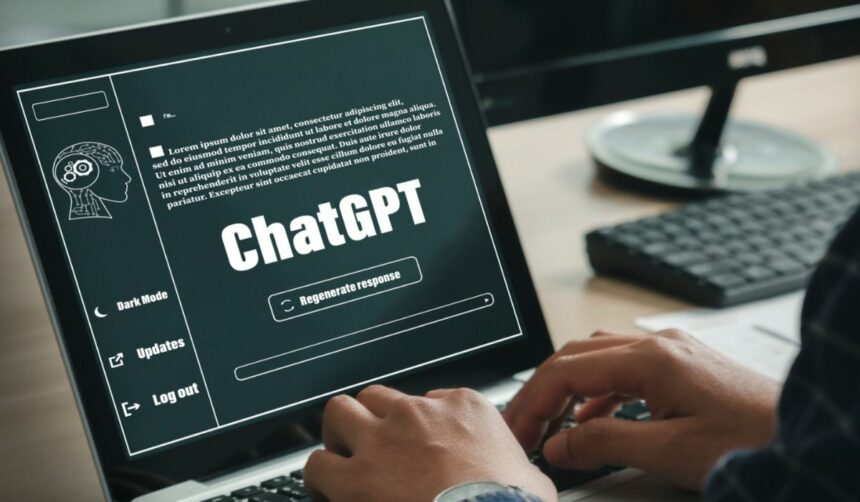On Friday, OpenAI added new features to its artificial intelligence (AI) model GPT-4 Turbo, primarily in the domains of writing, logic, and mathematics.
According to the company’s statement, made on its official account, only paid subscribers of ChatGPT Plus, Team, Enterprise, and the API are currently receiving the updated version of GPT-4 Turbo.
Along with an upgraded data library, the new AI model now boasts a knowledge cut-off date of April 2024. Notably, the upgrade was released by the AI company only a few days after it revealed its new GPT-4 Turbo with Vision model in API.
The most recent version was trained using data that was available to the public until December 2023. The prior iteration was limited to utilising resources till April 2023. In an article about X, OpenAI stated:
“When writing with ChatGPT [with the new GPT-4 Turbo], responses will be more direct, less verbose and use more conversational language.”
A subject matter expert, Akash Dutta, claimed that When ChatGPT was compared to Google’s Gemini, this drawback was discovered. “The latter, in our opinion, felt more conversational and allowed for the more organic creation of content like emails, messages, and letters.
“On the other hand, ChatGPT’s responses (which we tested on the publicly accessible GPT-3.5) were quite formal and boring. It seems that the most recent update has resolved this,” Dutta noted.
Paul Graham, the co-founder of Y Combinator, a well-known startup incubator, was earlier in the spotlight on April 7 after concluding that an email including the term “delve” had to have been created using artificial intelligence.
Graham said that the word wasn’t regularly used in casual speech, but many Africans, primarily Nigerians, disputed this claim and claimed to use the word frequently. Since then, the topic of discussion has moved to the various ways that people utilise the English lexicon across the globe.
We earlier reported that OpenAI has announced that users will be able to access its ChatGPT generative AI chatbot starting without requiring a sign-up for the service. This move, disclosed by the Microsoft-backed startup, aims to make ChatGPT more accessible to users.










